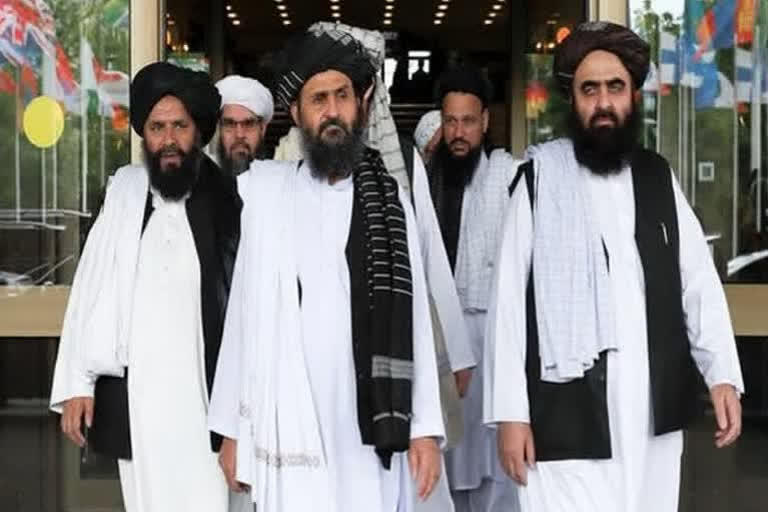Islamabad: The neighbouring countries of Afghanistan on Thursday issued a joint statement after the first ministerial meeting, urging the Taliban to form an inclusive government and follow moderate policies. It was the first ministerial meeting of Afghanistan's neighbours -- China, Iran, Tajikistan, Turkmenistan and Uzbekistan -- since the Taliban took over in Kabul.
The joint statement was issued a day after the Foreign Ministers of Pakistan, China, Iran, Tajikistan, Turkmenistan and Uzbekistan met virtually on Wednesday at the invitation of Pakistan.
The statement stressed on the Taliban to form an open, inclusive governmental structure, which practices moderate policies, adopts friendly policies towards neighbours of Afghanistan and respects the fundamental human rights including those of ethnic groups, women and children.
Read: Interim Taliban govt does not reflect what international community hoped to see: US
The ministers also emphasised that the relevant members of the UN Security Council should take responsibility for peace and reconstruction of Afghanistan by providing vital economic and humanitarian assistance. The international community should not abandon the people of Afghanistan, it said
They called for allowing unhindered access and protection to United Nations entities and other international humanitarian organisations to provide necessary aid and assistance to the people in need in Afghanistan.
The statement expressed support for the sovereignty, independence and territorial integrity of Afghanistan, and non-interference in its internal affairs, and noted that the future of Afghanistan should be determined by its people, in accordance with the provisions of the UN Charter.
The statement noted that the withdrawal of foreign troops from Afghanistan provided the people of Afghanistan an opportunity to determine their own future, which should allow in practice to realise the Afghan-led, Afghan-owned process for national peace and reconciliation.
It recognised that the changes undergone in Afghanistan prove yet again that there is no military solution to this issue, emphasising the importance of an inclusive political structure in Afghanistan with participation of all ethnic groups.
It cautioned against the possibility of incitement and role of spoilers, both inside and outside the country, to derail efforts towards an all-inclusive political settlement in Afghanistan. It affirmed the importance of sustained international engagement on Afghanistan, especially in supporting its humanitarian and development needs.
